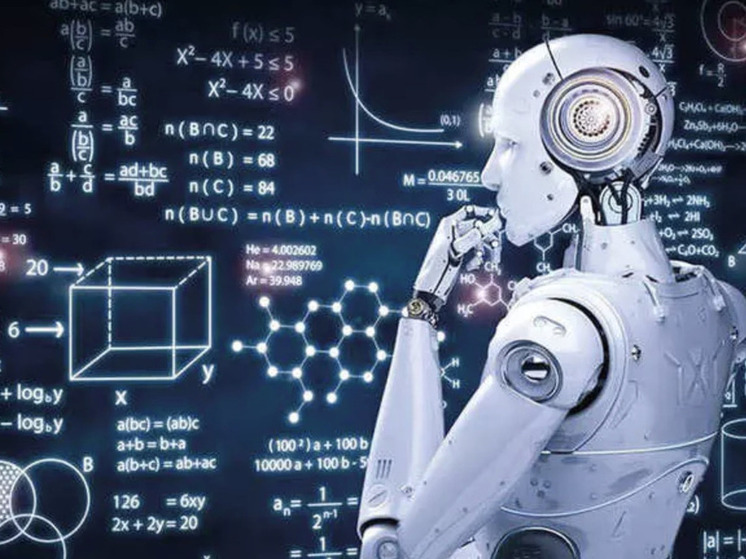
Artificial intelligence is already being actively introduced into modern life, and may soon replace a number of professions, said Anton Nemkin, member of the State Duma Committee on Information Policy, Information Technologies and Communications.
According to Nemkin, artificial intelligence has already become a daily part of our lives, it is used in retail, IT and finance, logistics, and manufacturing. AI elements are also used in the field of taxation, for various workflow processes, demand forecasting, logistics and assortment analysis, moderation of goods on online platforms. With his help, regional ministries create digital assistants, and Roskomnadzor has launched several systems that are now actively used to monitor the Internet for fakes and illegal content.
He noted that against the background of the rapid development of artificial intelligence, including chatbot ChatGPT, experts are exploring which jobs AI could replace in the future.
“The risk group includes programmers, journalists, legal advisers, marketers, teachers, financial analysts. However, globally, people should not have concerns about this, because no matter how fast artificial intelligence develops, the results of its work should always be subjected to critical analysis by specialists,” he said.
According to him, artificial intelligence can already do a lot, but not as much as one might imagine.
“In addition, neural networks will never learn human fantasy and humor, and in some matters this is the key to success,” Nemkin noted.
He also believes that the use of AI in a global plan is useful for automation and execution routine and labor-intensive processes, it increases the speed and capabilities of processing large amounts of data, systematization and forecasting.
“At the same time, in the foreseeable future, we are obviously waiting not only for new individual solutions using AI, but also for entire systems that will be built on its basis,” he said.
Nemkin also said that according to the government, the introduction of artificial intelligence in the Russian economy is only about 20%, by 2024 this figure is planned to be increased at least up to 50%.
“At the same time, the contribution of this sector to Russia's GDP by 2025, according to forecasts, may be up to 2%. These are all official figures and forecasts, but it seems to me that, given how rapidly technologies are developing now, real indicators may turn out to be even higher than planned — we will observe,” he said.


